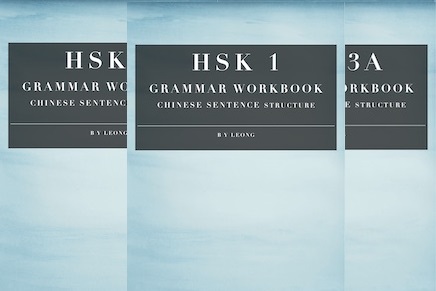When you first start learning Chinese, you’re bound to make some mistakes in sentence structure. That’s perfectly normal! But some mistakes are more common than others. This blog post will look at the five most common mistakes made in Chinese sentence structure to avoid them in your own learning.
1. Forgetting About Time Words
One of the most common mistake that’s often made in Chinese sentence structure is forgetting to include time words. Time words are essential in Chinese since they help to indicate when something happened or when something will happen. Without a time-word, a sentence can sound incomplete. For example, the sentence “I eat breakfast” would be “我吃早餐” (wǒ chī zǎo cān) – literally “I eat breakfast”. But if you want to say “I ate breakfast”, you need to include a time word like “今天” (jīn tiān), “昨天” (zuó tiān), or “早上” (zǎo shàng).
2. Not Using the Correct Particle
Another common mistake made in Chinese sentence structure is not using the correct particle. Particles are small words used to indicate a word’s grammatical function in a sentence. For example, the word “的” (de) is a particle that’s used to show possession, as in the sentence “这是我的书” (zhè shì wǒ de shū) – literally “this is my book”. Your sentence can sound incorrect or nonsensical if you don’t use the correct particle.
3. Incorrect Word Order
Another mistake that’s often made in Chinese sentence structure is incorrect word order. In Chinese, the order of words in a sentence is generally subject-verb-object. So, for example, the sentence “I eat an apple” would be “我吃苹果” (wǒ chī píng guǒ) – literally “I eat apple”. However, there are some exceptions to this rule, and it’s not always easy to know when to use which word order.
4. Not Using the Correct Tone
The last mistake we’ll look at is not using the correct tone. In Chinese, each word has a different tone, and the tone you use can change the meaning of a word. For example, the word “ma” can mean either “mother” or “horse”, depending on the tone you use. If you use the wrong tone, your sentence can sound incorrect or even funny. So it’s important to be careful with tones and use a reliable dictionary or Chinese tutor to help you with any words you’re unsure about.
These are just a few common mistakes made in Chinese sentence structure. By being aware of these mistakes, you can avoid them in your learning. And with practice, you’ll be able to speak Chinese more confidently and fluently.
Practice makes perfect. Chinese Sentence Structure Grammar Workbook is a good resource for practicing your skill. With a few thousand sentences to practice, you will be great at making Chinese sentences in no time!
